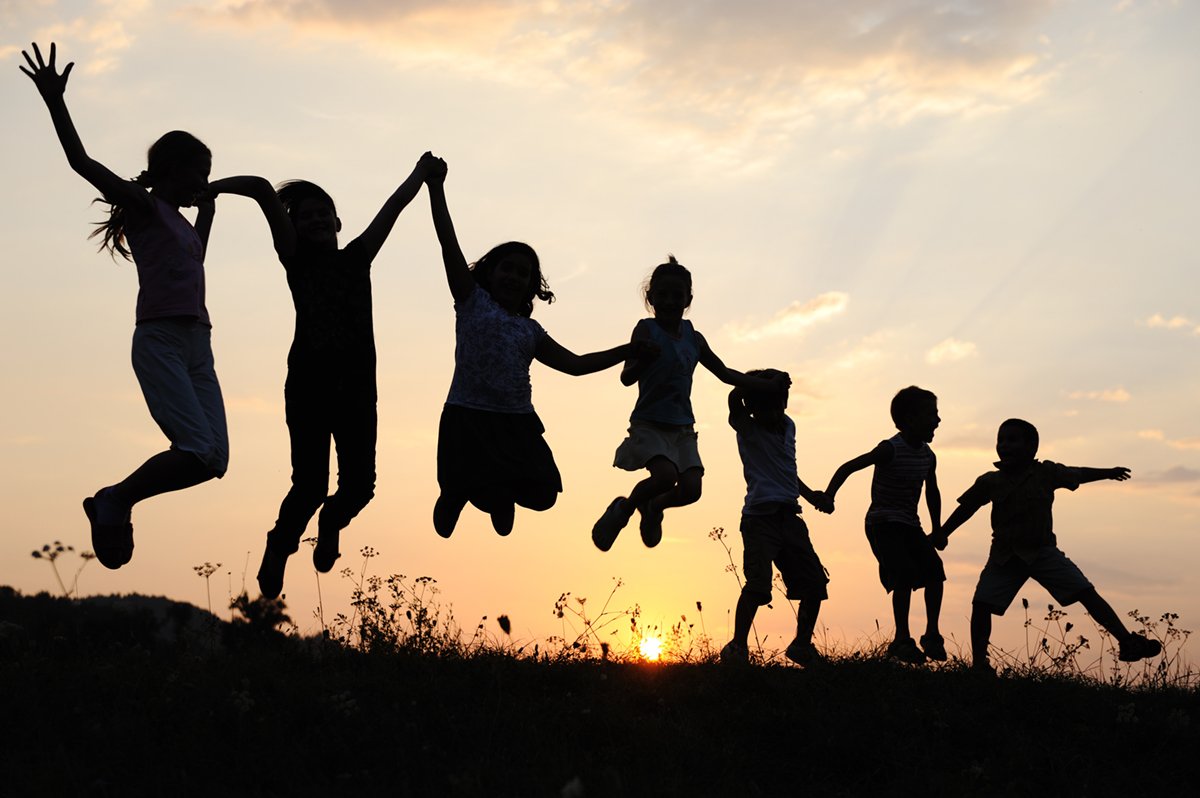7 Things Mentally Strong Kids Do!
As TMH continues to offer rich social emotional learning opportunities to children and teens and expands adult programming (we now offer three parenting groups) articles like, A psychotherapist says the most mentally strong kids always do these 7 things—and how parents can teach them (click on this link to CNBC News Article) and others in our virtual library (click this link) provide a framework for adults to think about how we make choices to help children grow their “mental muscles”.
According to the author, “mentally strong” children:
Empower themselves
Adapt to change
Know when to say no
Own their mistakes
Celebrate other people’s successes
Fail and try again
Persist
Although some children naturally demonstrate some of the behaviors/strengths listed above, most need to learn, practice and grow these mental muscles. This can be done in many ways and the article offers guidance for how parents can help their child/children develop and access these areas. Adults can help children to think and plan before an event that may be new and different. Previewing allows children to think about how it might make them feel, what they can do or say if something feels hard and who they can reach out to if they need help. It can also be helpful to revisit a challenging moment. Talking through what was hard, how they were feeling and what they could do next time gives them the space to practice and strengthen many of the mental muscles listed above.
This past year has challenged our children’s emotional wellbeing in many ways. They have had to pivot academically and socially and find new ways to connect, learn and play. Although we have missed being with the TMH community in person, we are grateful for the ongoing virtual relationships that we have formed and/or maintained and have used our weekly groups to help our participants nurture their well being. We use the groups to explore feelings, talk about, prepare for and process big changes, make connections around shared experiences and taking time to listen to our friends and play. Some of our activities are very pointed and clear that we are working on developing mental muscles, but most of the time, we are doing it organically through play and friendship, and the children don’t even know that they are growing. This is a model for real life experiences that coupled with the advice from the article, enable our children to grow and change and feel successful in their world.
By Kim McGarvey, Social Worker

